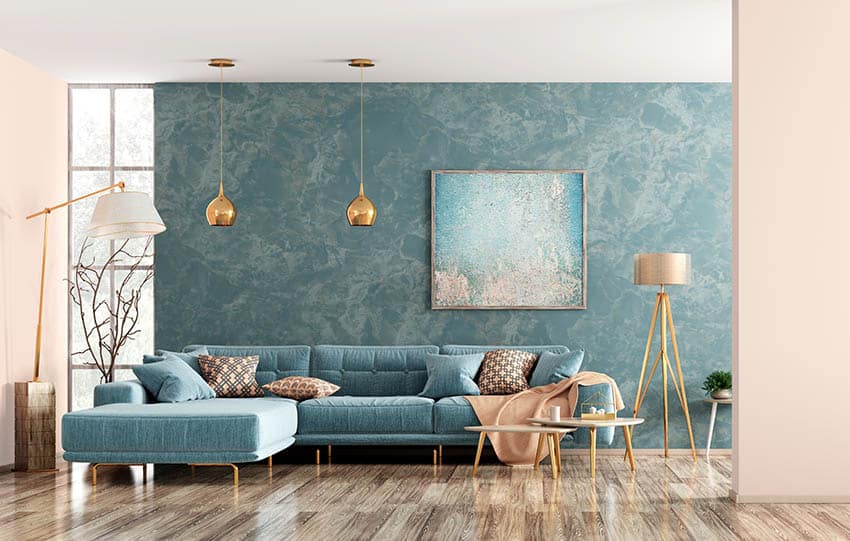Choosing an accent wall for your living room can be a daunting task. After all, it's the main focal point of the room and sets the tone for the entire space. But fear not, with these top 10 accent wall rules, you'll be able to create a stunning and cohesive living room design that will leave a lasting impression on your guests. Accent Wall Rules for Living Room:
The first and most important rule of choosing an accent wall for your living room is to pick the perfect color. This can be a tricky decision, but there are a few key factors to consider. First, think about the overall color scheme of your living room and choose a color that complements it. If you have a neutral color scheme, a bold and vibrant accent wall can add a pop of color and create visual interest. On the other hand, if your living room is already filled with bold colors, a more muted accent wall can balance out the space. It's also important to consider the size of your living room. If you have a small living room, a dark accent wall can make the space feel even smaller. Opt for lighter colors in this case. For larger living rooms, you have more freedom to play with darker or bolder colors. How to Choose the Perfect Accent Wall Color for Your Living Room
While an accent wall can add a touch of personality to your living room, there are some dos and don'ts to keep in mind. Do choose a wall that has a natural focal point, such as a fireplace or a large window. This will draw even more attention to the feature and make it stand out. Don't choose a wall that has too many doors or windows, as this can make the accent wall look disjointed. Do consider the furniture placement in your living room. Make sure the accent wall doesn't clash with your furniture or create an awkward layout. Don't be afraid to mix and match patterns, but be sure to choose patterns that complement each other. Dos and Don'ts of Accent Walls in Living Rooms
An accent wall doesn't have to be just a bold color. There are plenty of creative ideas to make your living room truly unique and eye-catching. Some ideas include using wallpaper, stenciling, or even creating a gallery wall with different pieces of artwork. You can also consider using different textures, such as wood paneling or a textured paint, to add dimension to your accent wall. Creative Ideas for Accent Walls in Living Rooms
An accent wall can completely transform the look and feel of your living room. It can add depth, warmth, and character to an otherwise plain space. The right accent wall can also make your living room feel cozier and more inviting. It's important to keep in mind the purpose of your living room when choosing an accent wall. Is it a space for entertaining guests or a cozy spot for unwinding after a long day? The color and design of your accent wall can greatly impact the mood and atmosphere of the room. The Impact of Accent Walls in Living Rooms
If you decide to go with a painted accent wall, here are some tips to ensure a smooth and successful process. First, be sure to properly prepare the wall by cleaning and sanding it. This will help the paint adhere better and prevent any imperfections from showing through. Next, use painter's tape to create clean and crisp lines where the accent wall meets the other walls and the ceiling. This will give your accent wall a professional and polished look. When choosing a paint color, always test it out on a small area first to see how it looks in different lighting. Remember, the color can appear different on the wall than it does in the paint swatch. Tips for Painting an Accent Wall in Your Living Room
Wallpaper has made a comeback in recent years and is a popular choice for accent walls in living rooms. It comes in a variety of patterns, colors, and textures, making it a versatile and stylish option. When choosing wallpaper for your accent wall, consider the other elements in your living room. If you have bold furniture or patterns, a more subtle wallpaper can balance out the space. Alternatively, if your living room is mostly neutral, a bold and vibrant wallpaper can add a fun and unexpected twist. Using Wallpaper as an Accent Wall in Your Living Room
When designing your living room with an accent wall, it's important to keep the overall aesthetic in mind. The accent wall should complement the rest of the room and not compete with it. One way to achieve this is by using a similar color palette throughout the space. This will create a cohesive and harmonious look. You can also use similar patterns or textures in different parts of the room to tie everything together. How to Incorporate Accent Walls into Your Living Room Design
Believe it or not, the color and design of your accent wall can have an impact on your mood and emotions. Warm colors like red, orange, and yellow can create a sense of energy and excitement, while cooler colors like blue and green can evoke feelings of calm and relaxation. Consider the purpose of your living room and choose an accent wall color that aligns with the mood you want to create. For example, a bright and bold accent wall in a home office can help boost productivity, while a soothing accent wall in a bedroom can promote better sleep. The Psychology of Accent Walls in Living Rooms
While an accent wall can bring a lot of character to your living room, there are some common mistakes to avoid. Don't choose a color or pattern that you don't truly love just because it's trendy. Trends come and go, but your living room design should reflect your personal style and preferences. Don't choose an accent wall that overpowers the rest of the room. It should be a focal point, but not the only thing that stands out. Don't be afraid to take risks and think outside the box. An accent wall is a great opportunity to showcase your creativity and add a unique touch to your living room. Mistakes to Avoid When Choosing an Accent Wall for Your Living Room
Accent Wall Rules for a Stunning Living Room Design

The Power of an Accent Wall
 One of the most effective ways to transform a living room is by adding an
accent wall
. This bold design element can instantly elevate the look and feel of a space, making it more visually interesting and dynamic. An
accent wall
serves as a focal point in the room, drawing the eye and creating a sense of balance and harmony. However, when it comes to incorporating an
accent wall
into your living room design, there are a few important rules to keep in mind.
One of the most effective ways to transform a living room is by adding an
accent wall
. This bold design element can instantly elevate the look and feel of a space, making it more visually interesting and dynamic. An
accent wall
serves as a focal point in the room, drawing the eye and creating a sense of balance and harmony. However, when it comes to incorporating an
accent wall
into your living room design, there are a few important rules to keep in mind.
Choose the Right Wall
Don’t Be Afraid of Color
 When it comes to choosing the color for your
accent wall
, don’t be afraid to go bold. This is the perfect opportunity to add a pop of color to your living room and create a statement. You can choose a color that complements the existing color scheme of your room or opt for a contrasting hue for a more dramatic effect.
When it comes to choosing the color for your
accent wall
, don’t be afraid to go bold. This is the perfect opportunity to add a pop of color to your living room and create a statement. You can choose a color that complements the existing color scheme of your room or opt for a contrasting hue for a more dramatic effect.
Consider Patterns and Textures
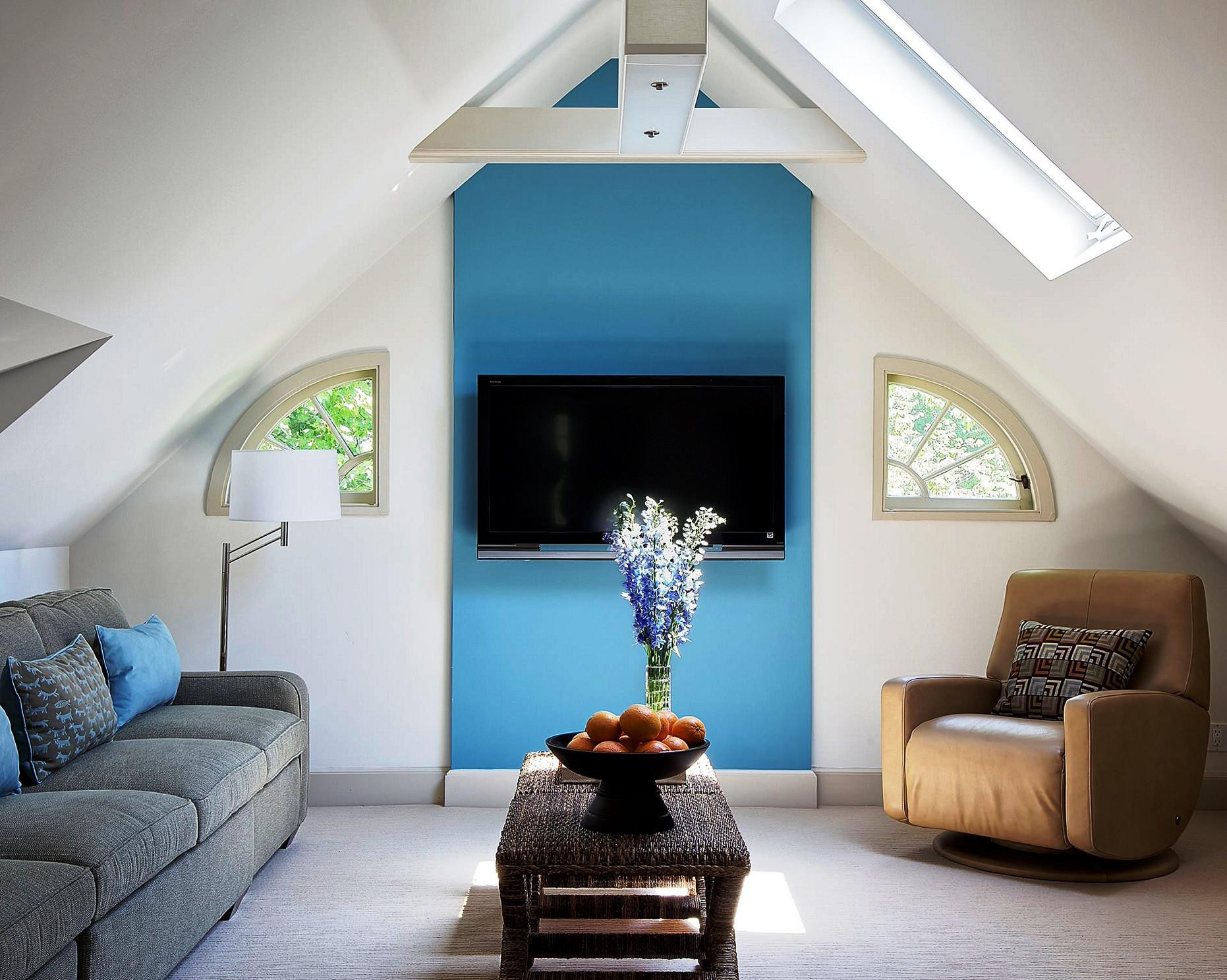 While a solid color can make a strong statement, incorporating patterns and textures on your
accent wall
can add even more visual interest. Wallpaper, stencils, or even a textured paint can create a unique and eye-catching
accent wall
. Just be sure to choose a pattern or texture that complements the overall design of your living room.
While a solid color can make a strong statement, incorporating patterns and textures on your
accent wall
can add even more visual interest. Wallpaper, stencils, or even a textured paint can create a unique and eye-catching
accent wall
. Just be sure to choose a pattern or texture that complements the overall design of your living room.
Balance is Key
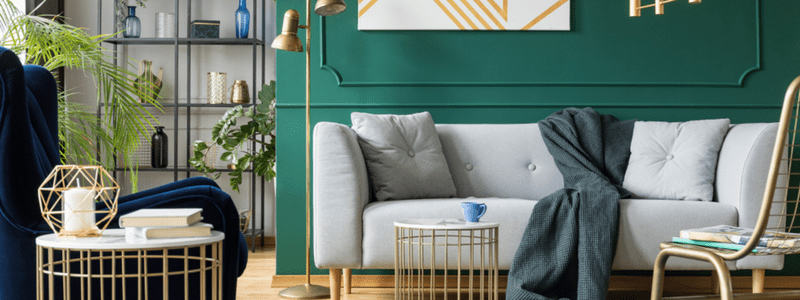 When it comes to
accent walls
, it’s important to maintain balance in the room. This means that the other walls should not compete with the
accent wall
, but rather complement it. Keep the other walls neutral and use decorative elements, such as artwork or decorative accents, to tie in the colors and patterns of your
accent wall
.
When it comes to
accent walls
, it’s important to maintain balance in the room. This means that the other walls should not compete with the
accent wall
, but rather complement it. Keep the other walls neutral and use decorative elements, such as artwork or decorative accents, to tie in the colors and patterns of your
accent wall
.
Final Thoughts
/living-room-accent-walls-4135943-03-ccb81c14f95148e884228f03811e7092.jpg) In conclusion, adding an
accent wall
to your living room can be a game-changer for your home design. Just remember to choose the right wall, don’t be afraid of bold colors and patterns, and maintain balance in the room. With these
accent wall
rules, you can create a stunning living room that will impress all who enter.
In conclusion, adding an
accent wall
to your living room can be a game-changer for your home design. Just remember to choose the right wall, don’t be afraid of bold colors and patterns, and maintain balance in the room. With these
accent wall
rules, you can create a stunning living room that will impress all who enter.




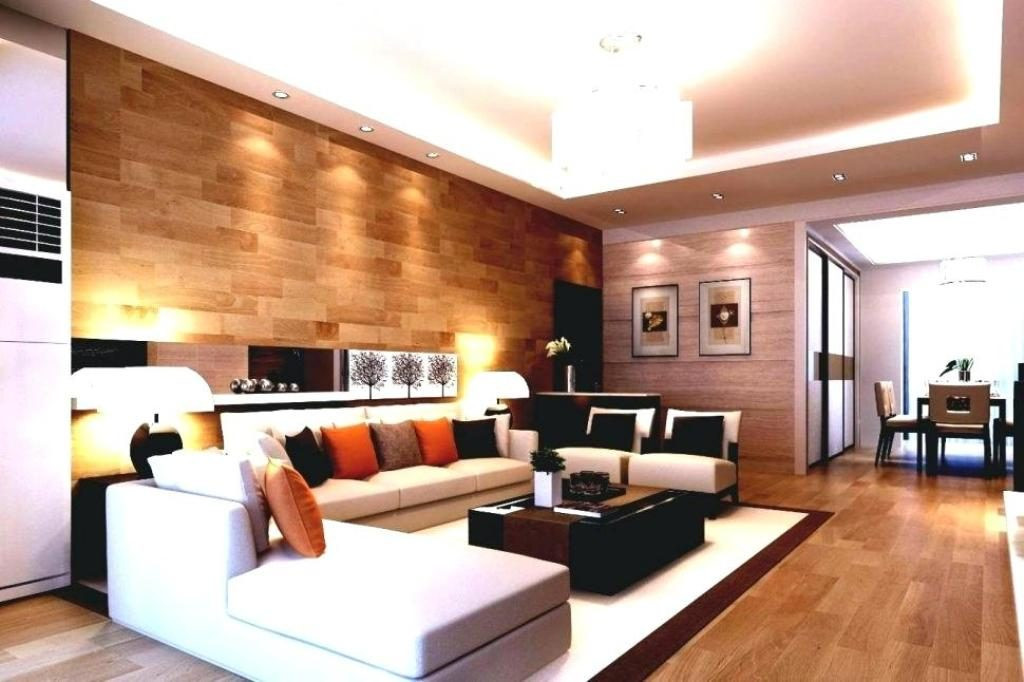

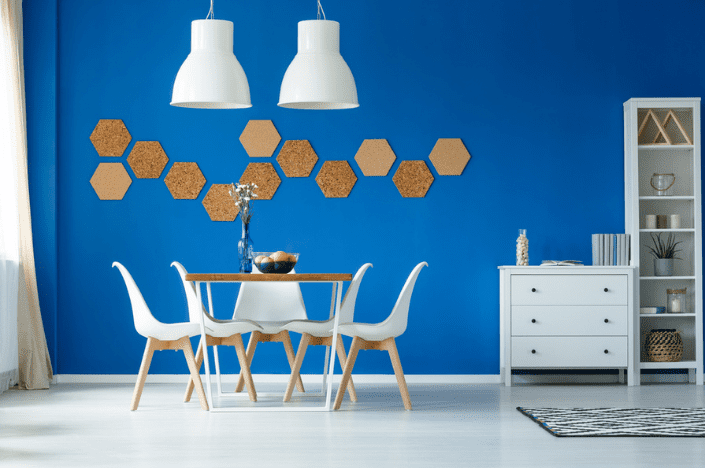


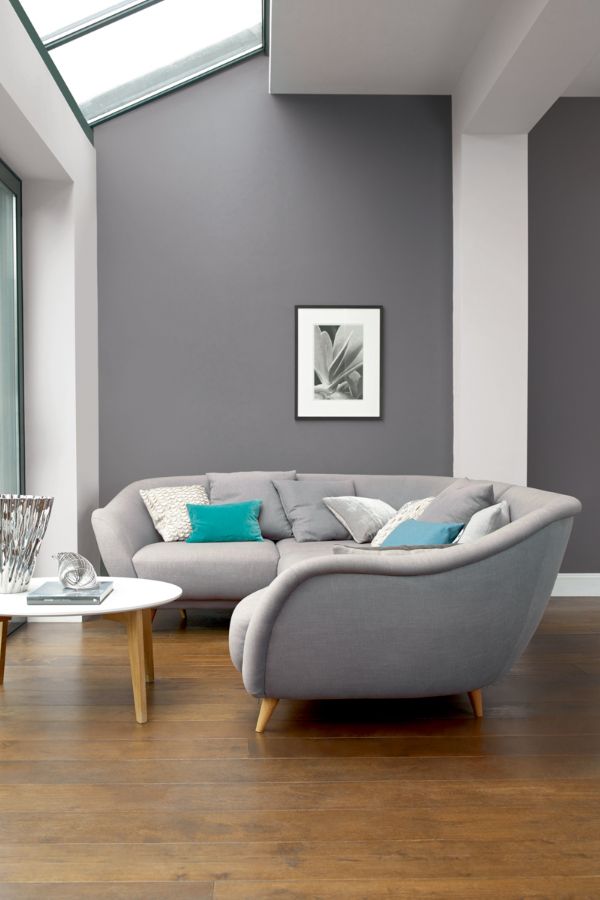












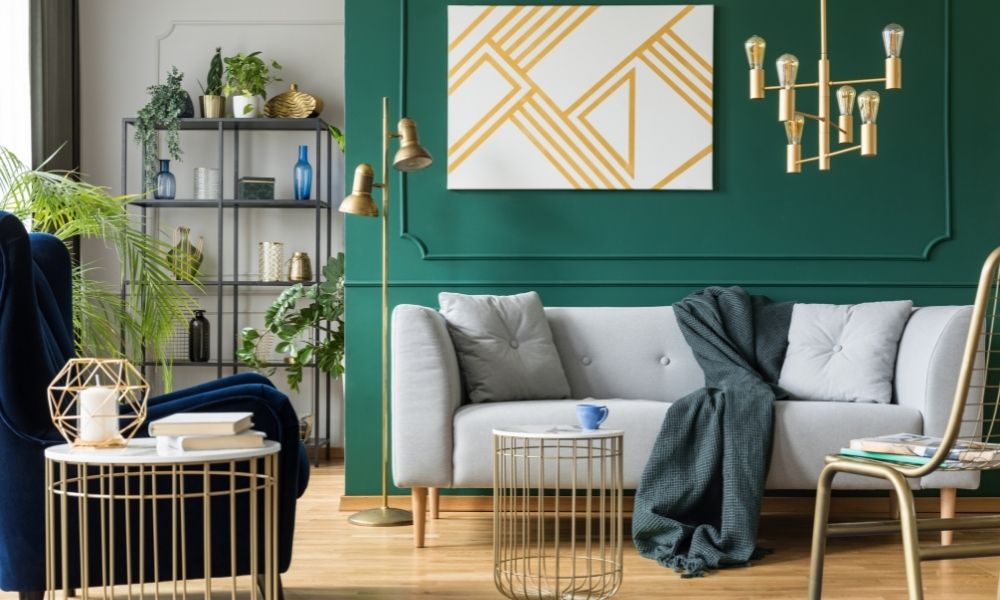
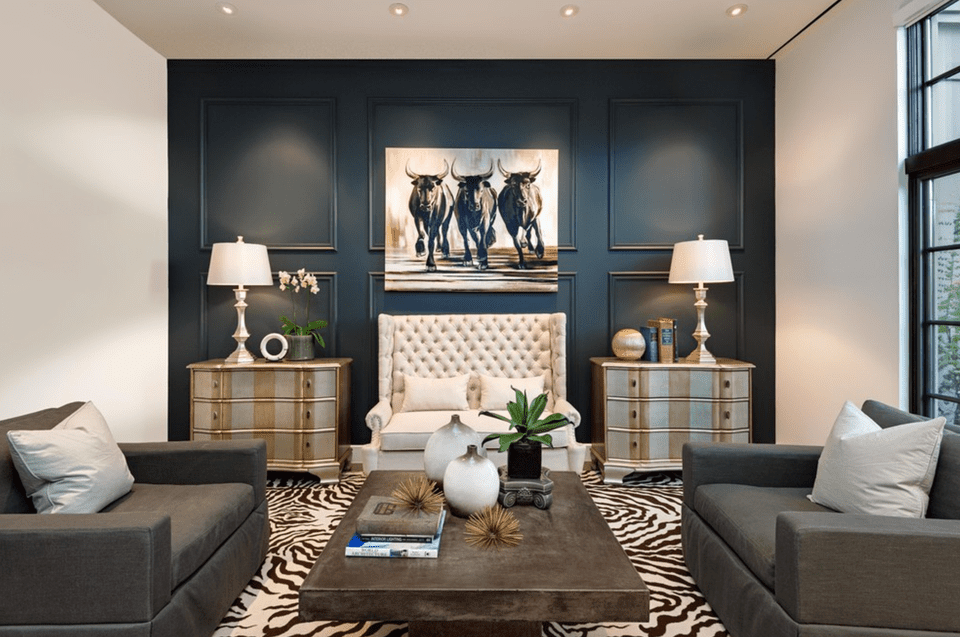
/accent-walls-tips-essential-dos-donts-797861-hero-5ed72dbcdc9f46a1804855831bd391c4.jpg)




:max_bytes(150000):strip_icc()/Textured-accent-wall-58e438e25f9b58ef7e6f4ccb.png)
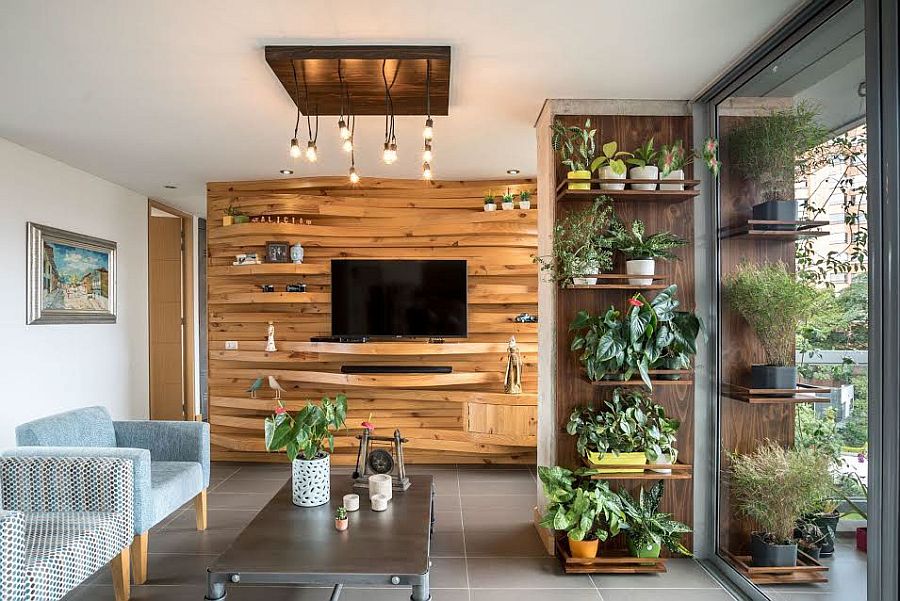
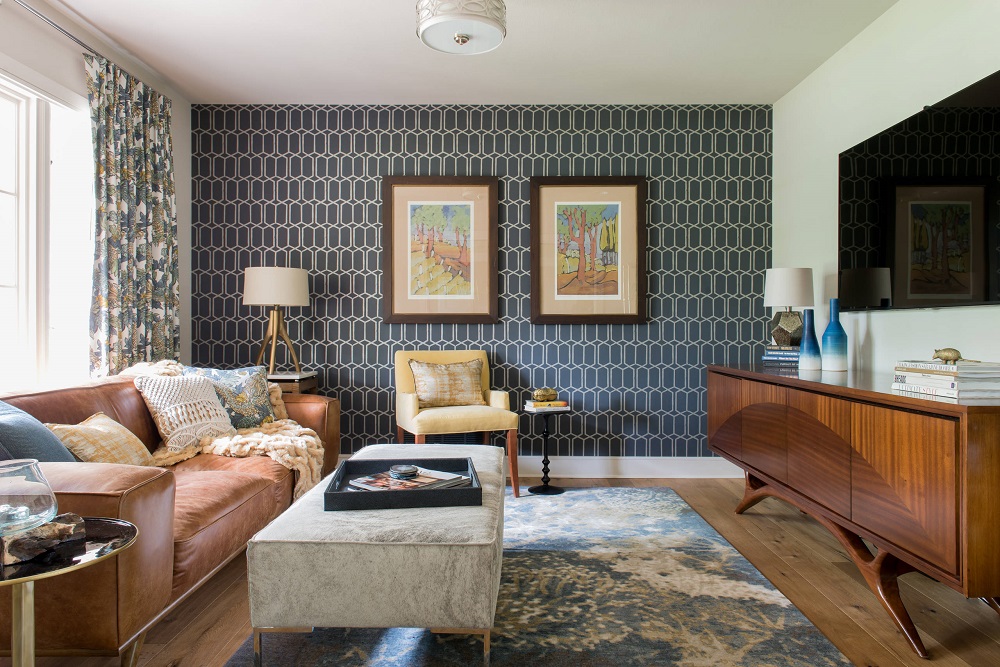
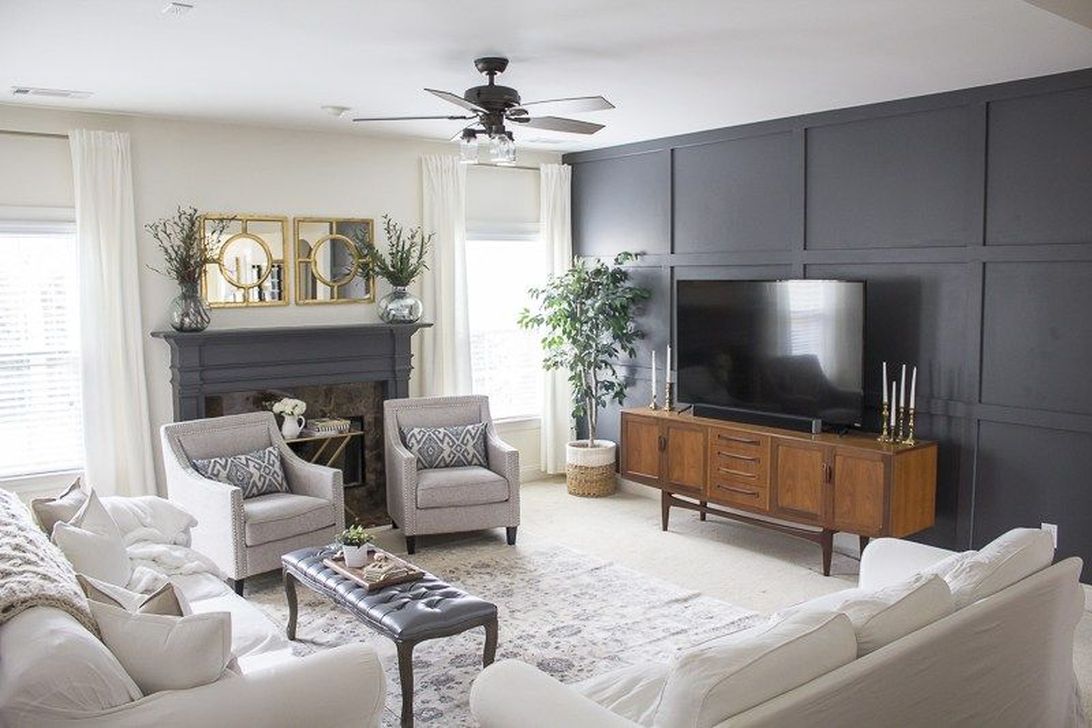

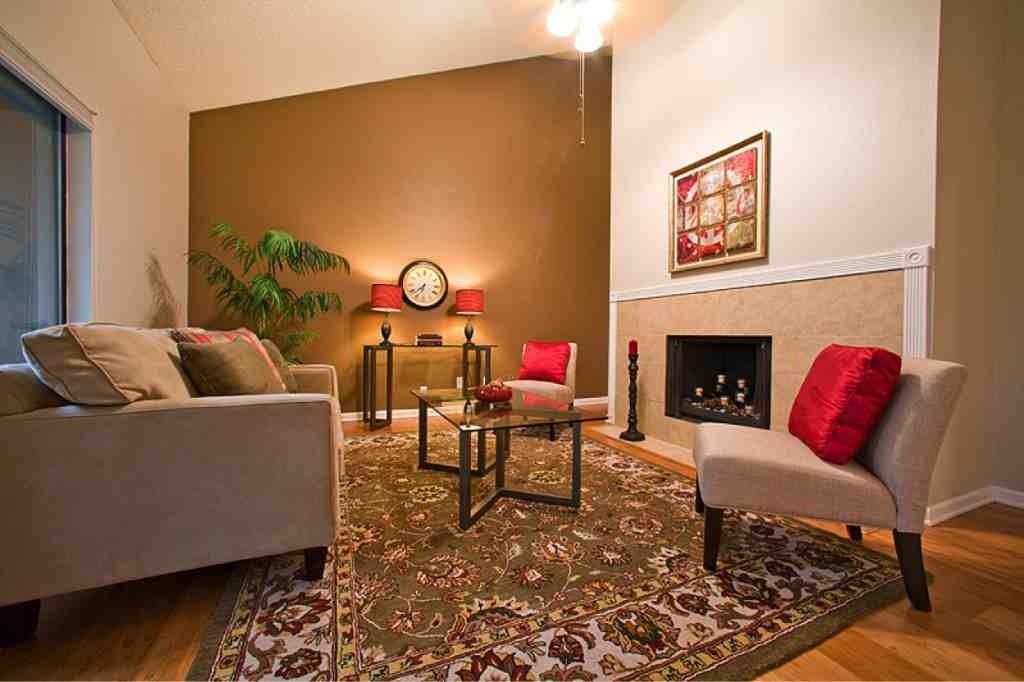
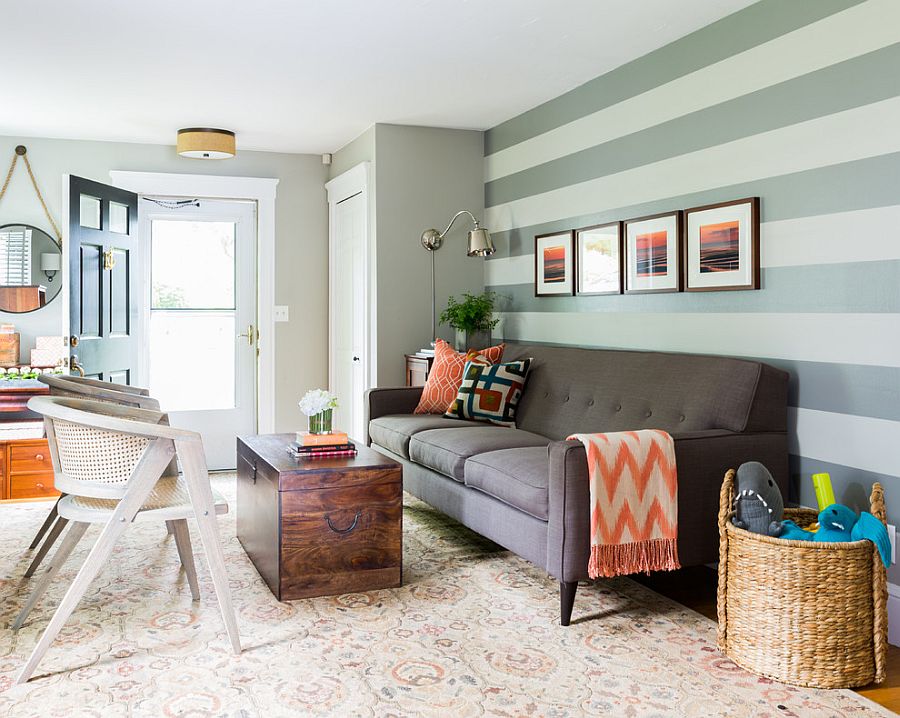
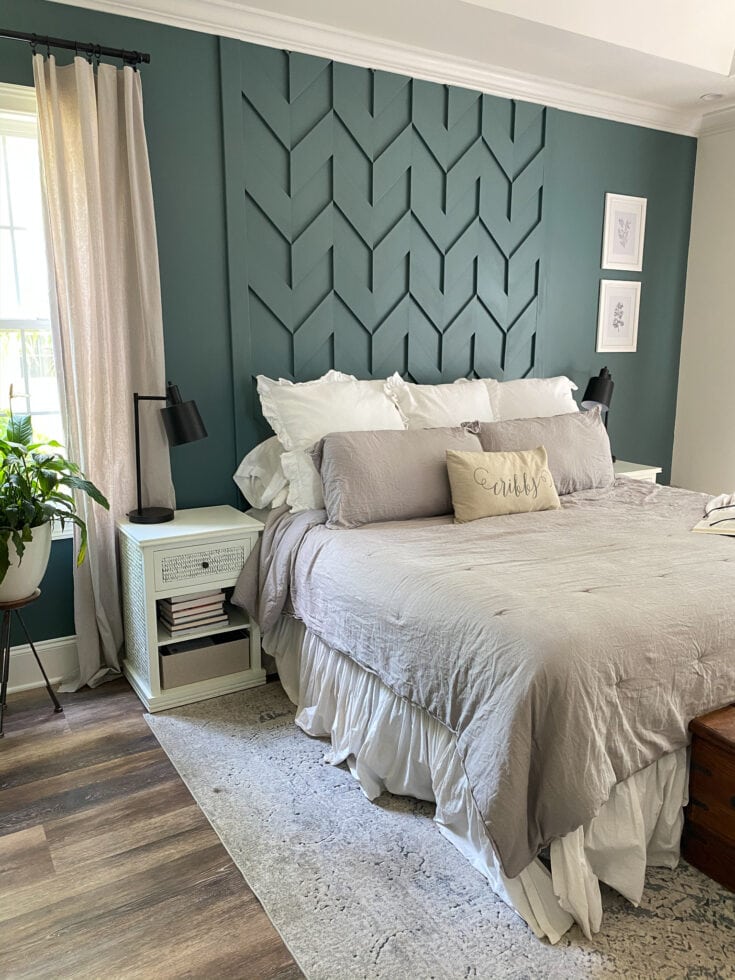


:max_bytes(150000):strip_icc()/visualvantage_84441292_216451146149693_3008351985149100497_n-30f5e244da3448979ca4ba0d88541be9.jpg)
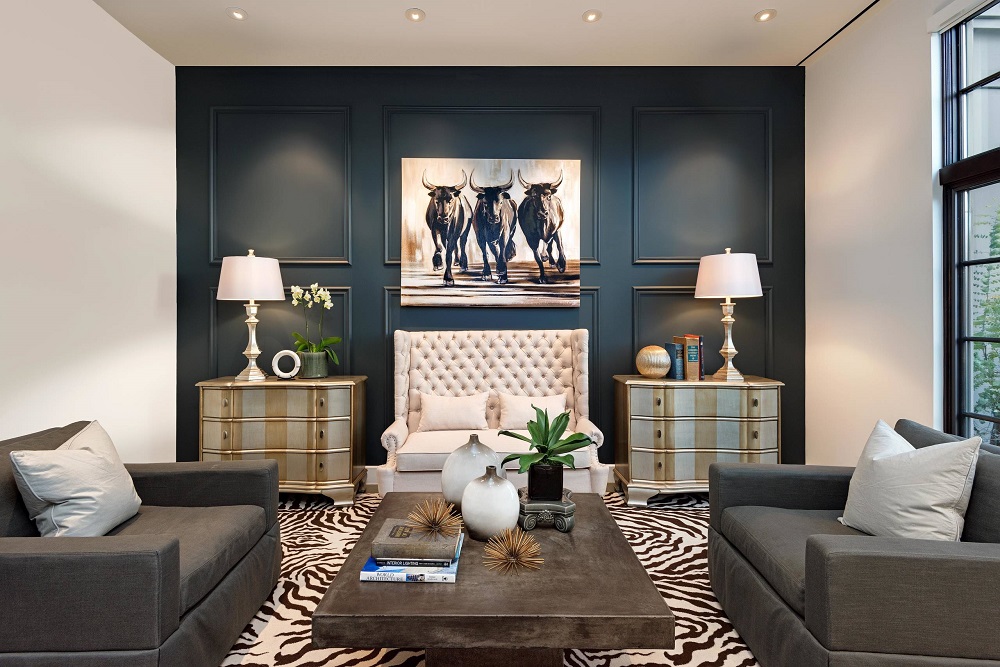
/living-room-with-orange-wall-640896866-5ab15995a18d9e0037c3a9ba.jpg)





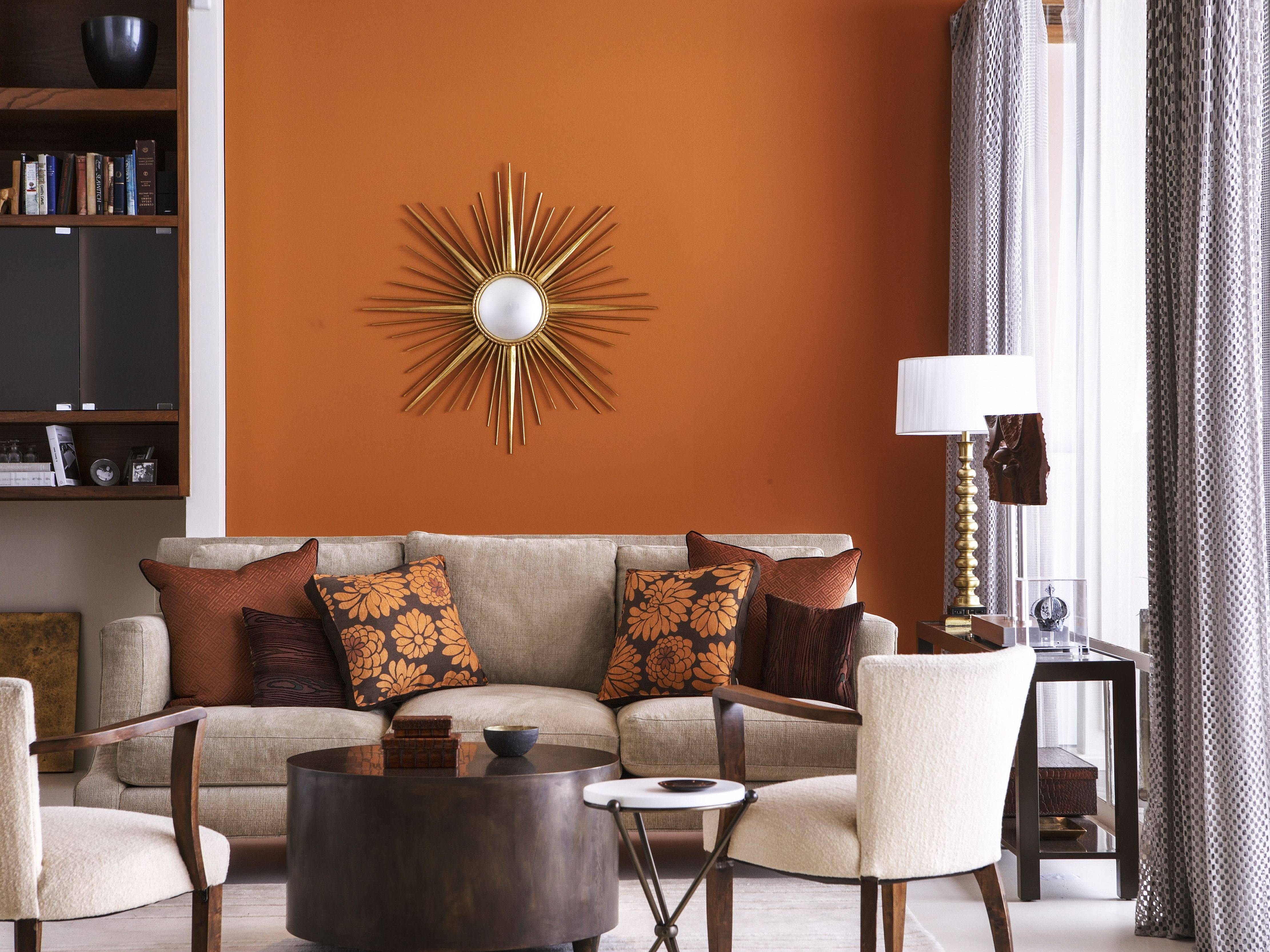
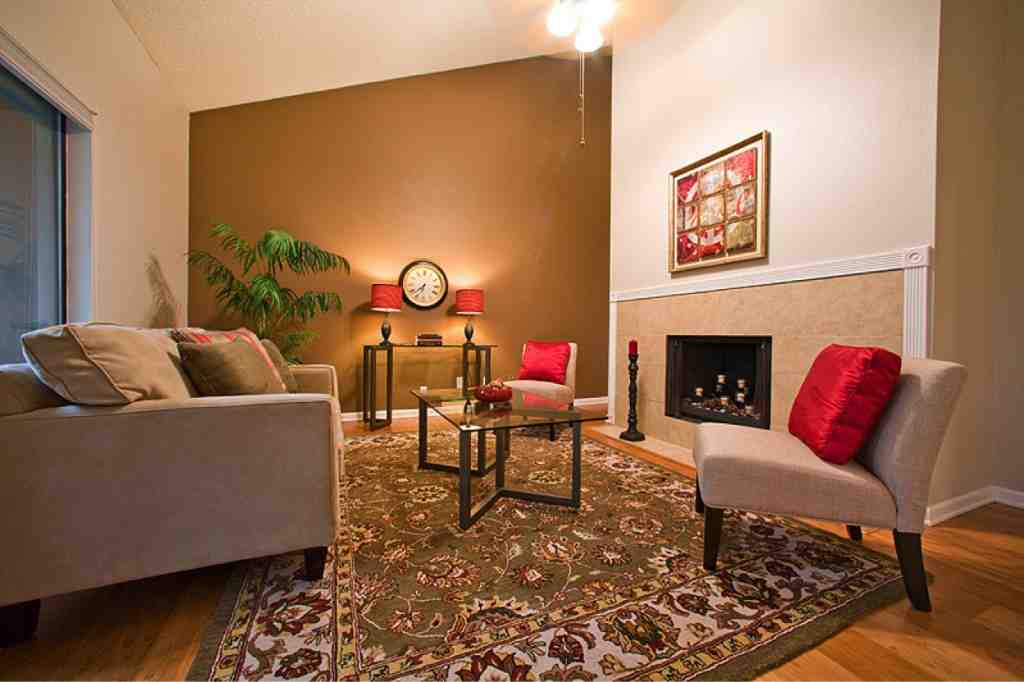
/accent-wall-ideas-1-56b3cb735f9b5829f82c2d18.png)

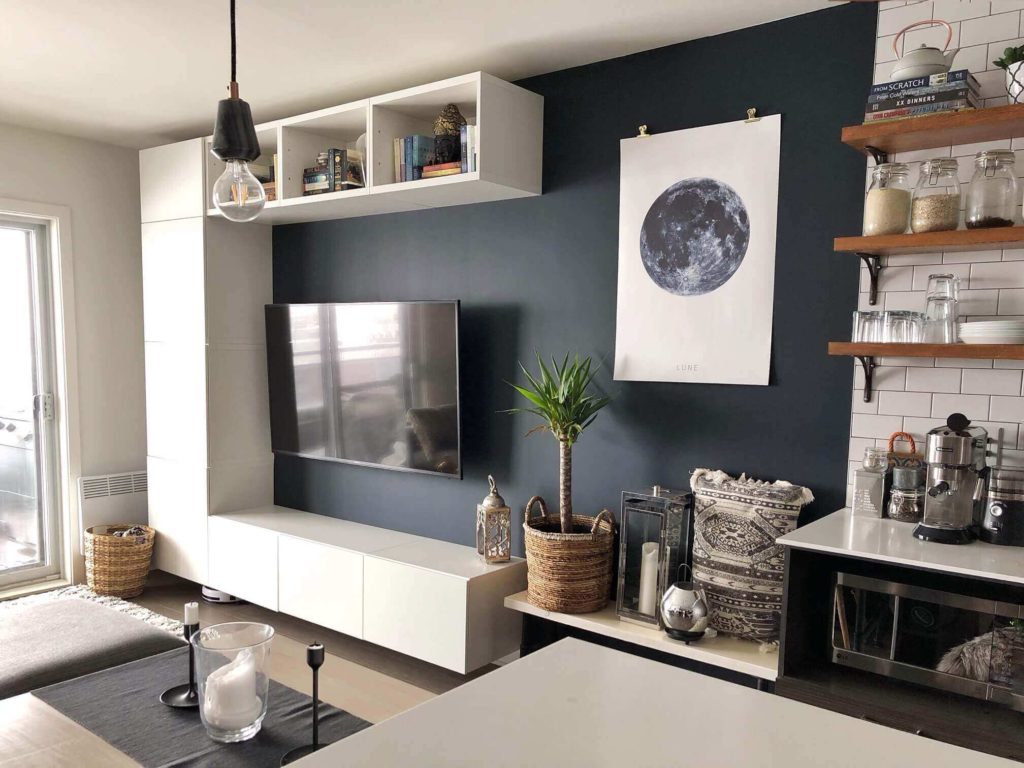

:strip_icc()/DSC_2899-0ca65e8f09bb43b3bd1b047a41e2f7c7.jpg)












:max_bytes(150000):strip_icc()/DSC_2899-0ca65e8f09bb43b3bd1b047a41e2f7c7.jpg)









